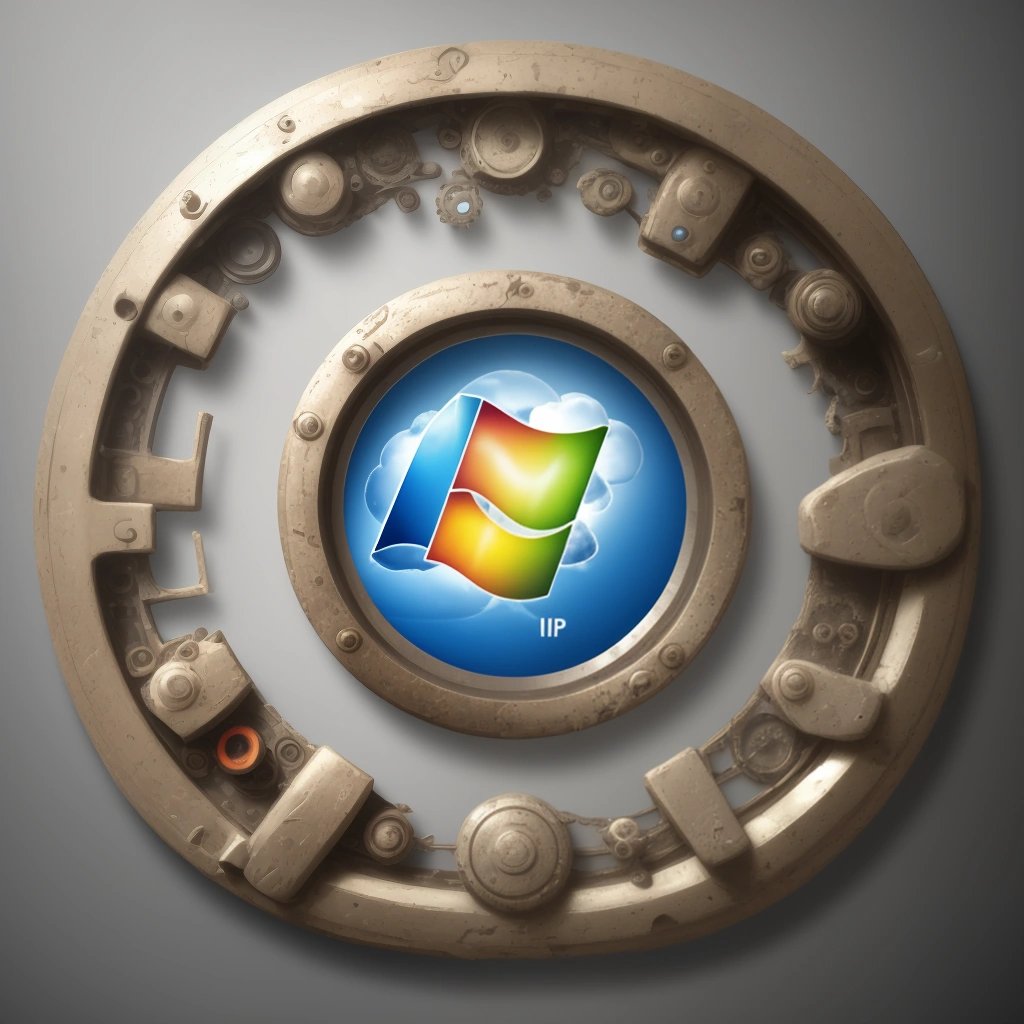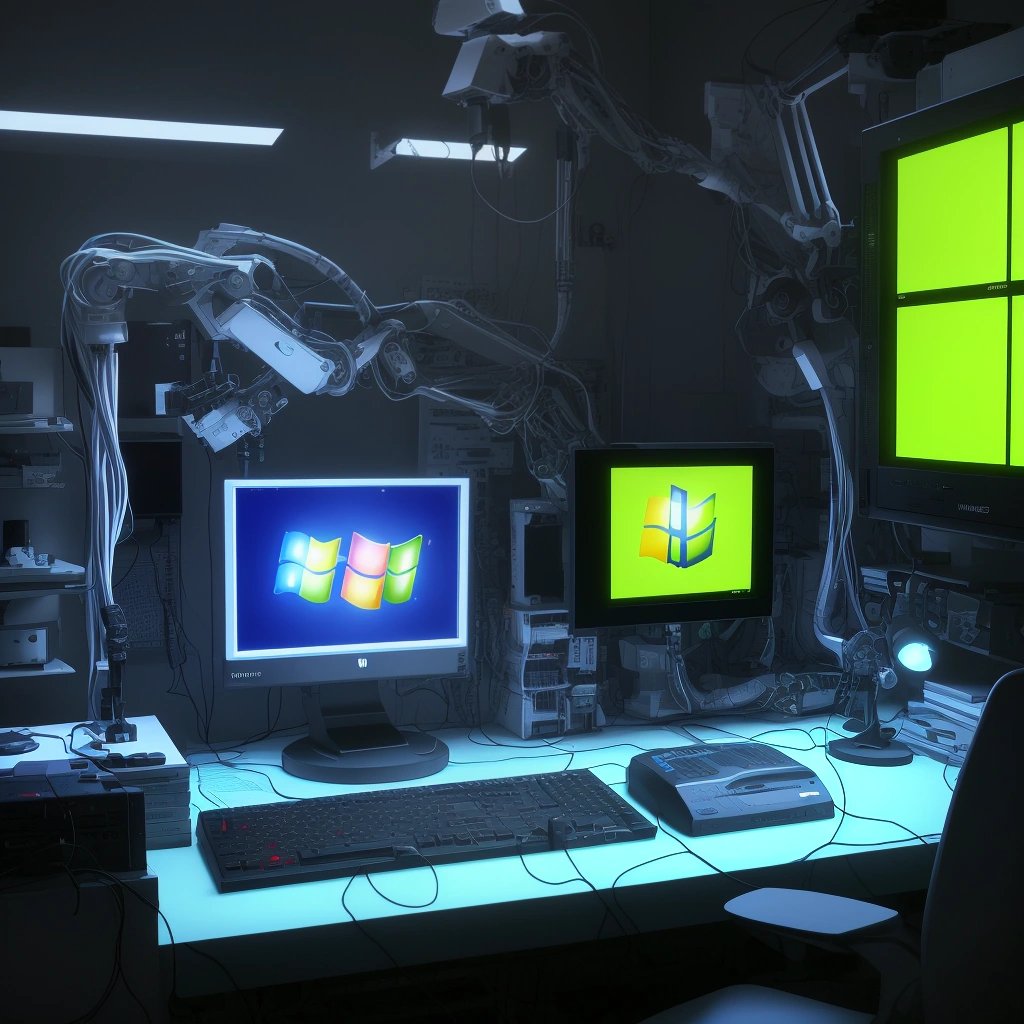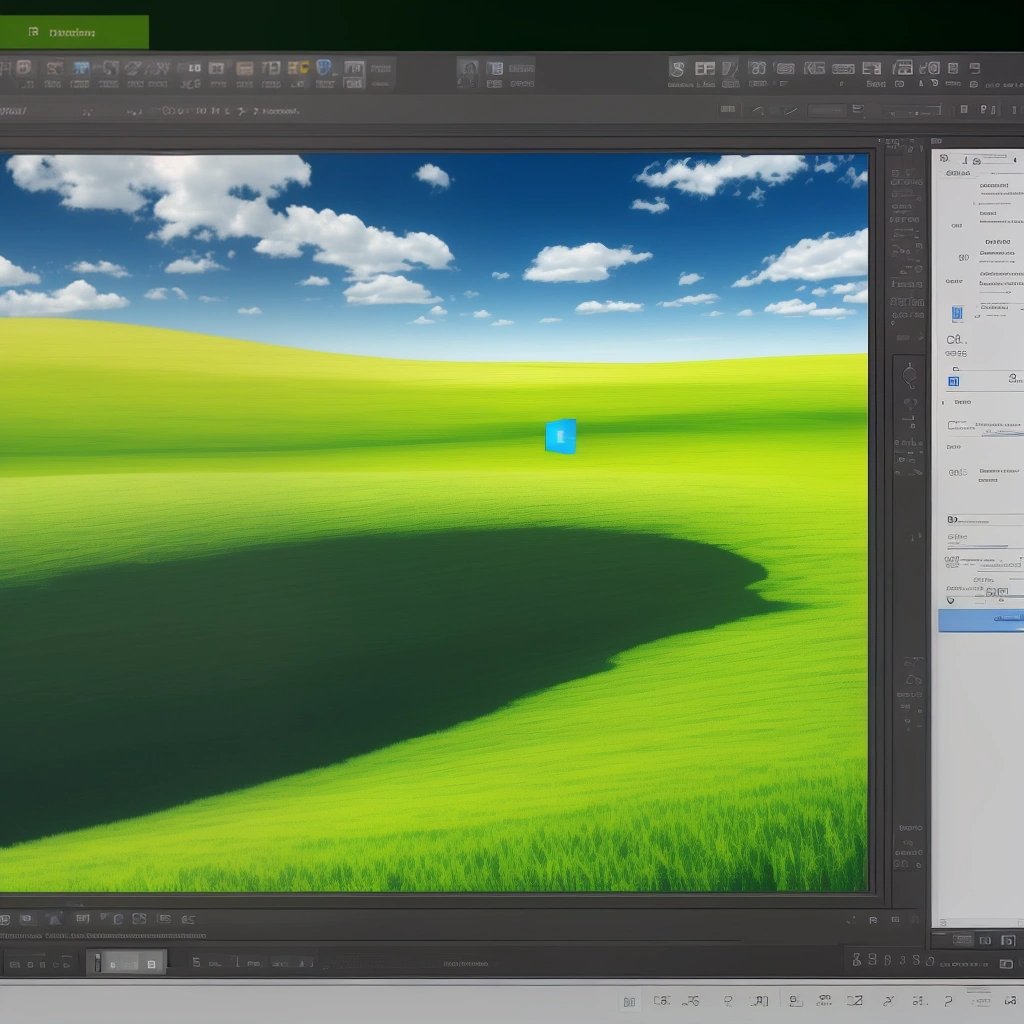There's a rumbling in the tech world, an audacious tremor rippling across industry press websites and stirring up coffee-snorting conversation among the nerderati. There is a brave (or foolhardy, depending on one's tolerance for digital disease) group of cyber-daredevils who decided to grab the proverbial operating system bull by the horns and install Windows XP on a modern, high-powered PC. You heard that right, dear reader—Windows XP, the much-beloved, nostalgia-drenched beast of simple times that breathed its supposed last digital breath in the spring of 2014.
Remember Windows XP? Who doesn't? Born at the dawn of the 21st century, XP was a trailblazer—an operating system that hit the sweet spot between antiquated clunkiness and the unwieldy power complexity that has characterized its successors. It was the last of the tech world's dinosaurs, surviving waaaaayyyy longer than it ever had any evolutionary right to—beloved and stalwart, loyally providing a platform to run Solitaire and Minesweeper with enviable ease even after its younger, shinier siblings entered the scene.
Alright, alright. Enough with the reminiscing. ‘Tis true, nostalgia is a seductive mistress. But we're not here for teary-eyed tributes. Let’s plunge into the nitty-gritty of this unique experiment on the digital Frankenstein—transplanting the heart of an aged operating system into the body of a bleeding-edge super-computer.
For all the armchair technicians out there, the initial hook-up wasn't exactly an moon landing moment. Once the team got their hands on a copy of XP, any smug anticipation quickly evaporated in the stifling heat of compatibility issues. Modern drivers shunned the suave advances of the old OS, the often-maligned cybersecurity boogeyman grinned malevolently from the shadows, and the loss of official support meant that a troubleshooting lifeline was as likely as a reply from Myspace tech support.
But persevering in true millennial fashion with a strange cocktail of sheer determination, Red Bull, and ironic T-shirts, they emerged victorious, getting the aging system up and running like an old rocker at a reunion concert.
And then, like a blast from the past, there it was—the familiar green, rolling hills of the classic XP desktop, standing stark against the gleaming majesty of the tech lab’s neon lights. But while the nostalgia might have been warm and fuzzy, the real question was: how did the old warhorse perform on the modern battlefield?
The answer, dear reader, will bamboozle you. The legendary XP ran like a cheetah hyped up on Red Bull. Icons appeared at the speed of light, applications loaded before one could finish blinking, and even the resource-hogging Internet Explorer (that antiquated relic!) navigated web pages with what could be called 'breakneck' speed. To say that the old mule felt fast in this modern machine is like saying that the sun is rather warm—it just doesn't do it justice.
But amidst this delight, a dark cloud loomed—malware. For all its zip and zing, XP had as much native defense against modern malware as a butter knife against a nuclear bomb. Without an official line of updates, each open port and socket was a welcome mat to viruses, trojans, and assorted digital ne'er-do-wells. There was the real risk that the XP revival could quickly turn into a malware Pandora’s box, transforming this joyride down tech memory lane into a chilling trip through malware hell.
In the end, while the XP-on-modern-PC experiment was a roaring success in performance terms, it emerged as a stark reminder of just how much the digital landscape has evolved. While we are constantly bombarded with news about stealthy cyberthreats and the never-ending race to patch and protect, it's easy to forget that these were somewhat quaint concerns back in the time of Windows XP.
Not that the daring team regrets the experiment. For them, it was a startling reality check about the past's relationship with the present, a reevaluation of the relentless march of progress, and a nostalgic trip to the digital days of yore. Plus, it gave them a legitimate excuse to mess around with computers and drink obscene amounts of caffeine.


